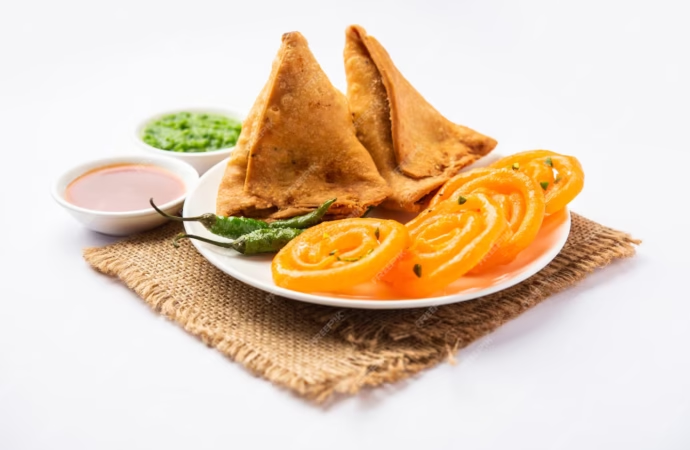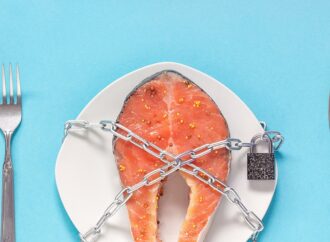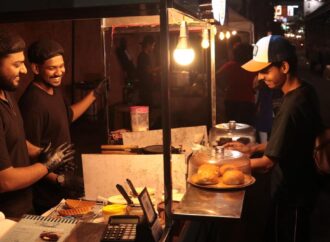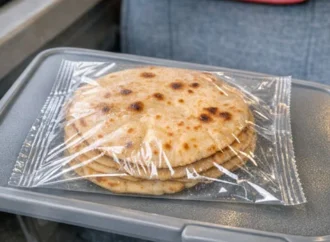Report
In a significant step to combat lifestyle-related health issues, the Indian government has announced that popular snacks such as samosas, jalebis, pakoras, vada pav, and chai biscuits will soon come with cigarette-style health warnings. These labels will highlight the high content of oil, sugar, and trans fats—nutrients strongly linked to rising rates of obesity, diabetes, and heart disease. The campaign will begin in Nagpur, where AIIMS Nagpur has been selected as the model site. Cafeterias and public food areas across the campus will display prominent, easy-to-understand warning signs next to food counters.
Why This Move Matters
India is witnessing a surge in non-communicable diseases tied to poor dietary habits. The increasing consumption of fried and sugary foods is contributing significantly to this health burden. A recent global analysis published in The Lancet projects that by 2050, around 440 million Indians could be overweight or obese. With this looming crisis, the government aims to drive awareness at the point of food choice.
What to Expect at Food Outlets
At AIIMS Nagpur and eventually at other institutions, visitors will now encounter:
-
Warning boards near stalls selling popular snacks
-
Nutritional details, including sugar, fat, and trans fat levels
-
Bold messages outlining long-term health risks from frequent consumption
These warnings are designed to mirror the impact of cigarette package alerts—direct, informative, and hard to ignore.
Not a Ban—Just Awareness
Officials emphasised that this is not a crackdown on traditional Indian foods. Samosas, jalebis, and other snacks will remain on sale. However, consumers will now have clearer information to make more informed choices. The campaign aims to promote moderation, not restriction.
What’s Next?
The government plans to expand this initiative to other cities and institutions over the coming months. Officials hope this effort will prompt individuals to reflect on their dietary habits and opt for more balanced meals. Sometimes, they say, all it takes is a simple message on a cafeteria wall to spark healthier decisions.
Source: India Today
 Food Manifest
Food Manifest 


















